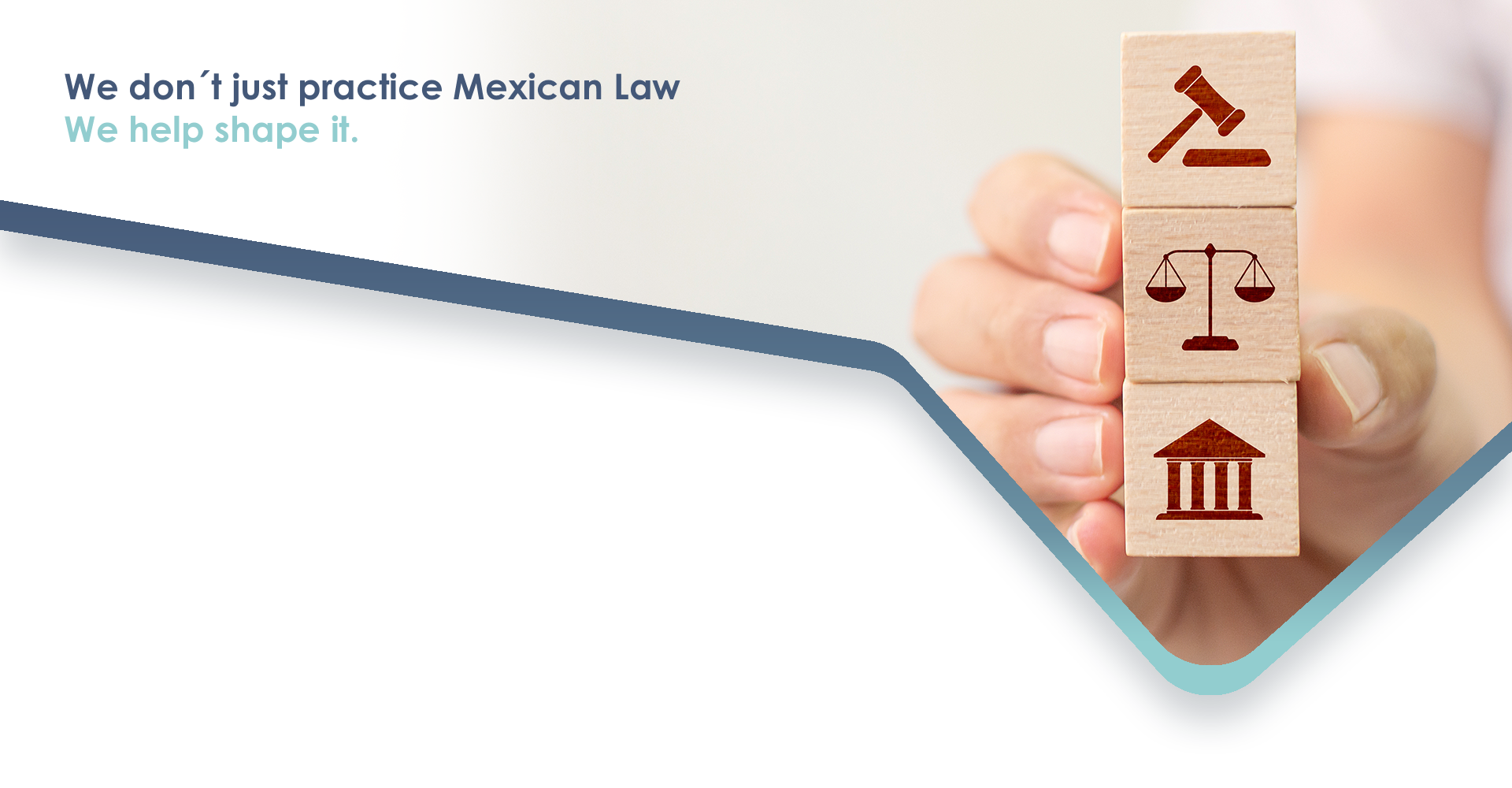
Language:
Damages
November 3, 2020
The new Federal Law for the Protection of Industrial Property contemplates the possibility of submitting a civil action before the Civil Courts against an infringer of any IP right, without the requirement to commence infringement proceedings before the Administrative Authority, which is this case is the Mexican Patent and Trademark Office (“IMPI”).
The current system allows the commencement of a civil action derived from a violation of any IP right, so that the claimant may request the payment of damages, only until after IMPI has declared the infringement of an IP right, and the decision declaring infringement must be final and beyond shadow of appeal. This system was the result of the judicial precedent 13/2004 issued by the Supreme Court of Justice, in which said Court established that it is a requirement that an infringement is previously declared in order to be able to commence any civil action for damages. This is because, according to the Mexican Legal System, the only authority with the ability to solve disputes in relation to IP rights is IMPI, and the Civil Courts only evaluate whether damages were suffered as a result of the infringement.
In addition, the Supreme Court of Justice issued a related judicial precedent 3/2015 in which it declared the requirement to prove a relationship between the damages caused and the infringement conduct (“causal nexus”). Therefore, in order to receive damages, the titleholders must submit an administrative action before IMPI that must be firm and beyond the shadow of appeal, civil action to claim damages, and also prove the relationship between the infringement declared and the damages suffered.
The new IP Law aims to improve this situation by providing complainant with two options. The first one consists of filing a civil action without the requirement of the declaration of infringement. This means that it would no longer be a requirement to have a decision from IMPI before submitting any civil action against an infringer for the payment of damages. The amendment gives the Civil Courts the authority to solve disputes in accordance with the IP Law. However, the downside of this new option, is that if the validity of the IP right, which serves as basis for the civil action is challenged (the patent or registration), the civil procedure will be suspended, until the invalidity action is decided in firm.
The second option would consist of following the traditional path of filing an infringement action with IMPI, being the case that the new law adds the possibility to request the determination of the damages from IMPI in a special incidental proceeding, once the infringement is declared. This determination by IMPI can then be executed before the Civil Courts. However, according to the transitory provisions of the new law, this option will be available until IMPI is ready to adopt it, being the case up to this moment there are no clear signs of when that may occur.
Civil Courts and IMPI will need to develop a very close relationship in order to make the system efficient, but surely this is the most important change expected in the new law.
Newsletters - Regulatory Law
- Restrictions for the Title of the Invention – Federal Law for the Protection of Industrial Property September 24, 2020
- LFPCA Amendments Impose Shorter Timelines for Administrative Litigation January 6, 2016
- Amendment proposals to Mexican Official Standard 051 for the labelling of pre-packaged food and non-alcoholic beverages June 10, 2020
- Mexican Congress Approves Medicinal Use Of Cannabis May 13, 2017
- Infringement Actions November 3, 2020
- Preliminary injunctions
- Amendments to the Rules for Filing applications into the MXPTO September 11, 2019
- The energy reform, its regulatory structure in Mexico and its impact towards intellectual property and transfer of technology August 18, 2014


